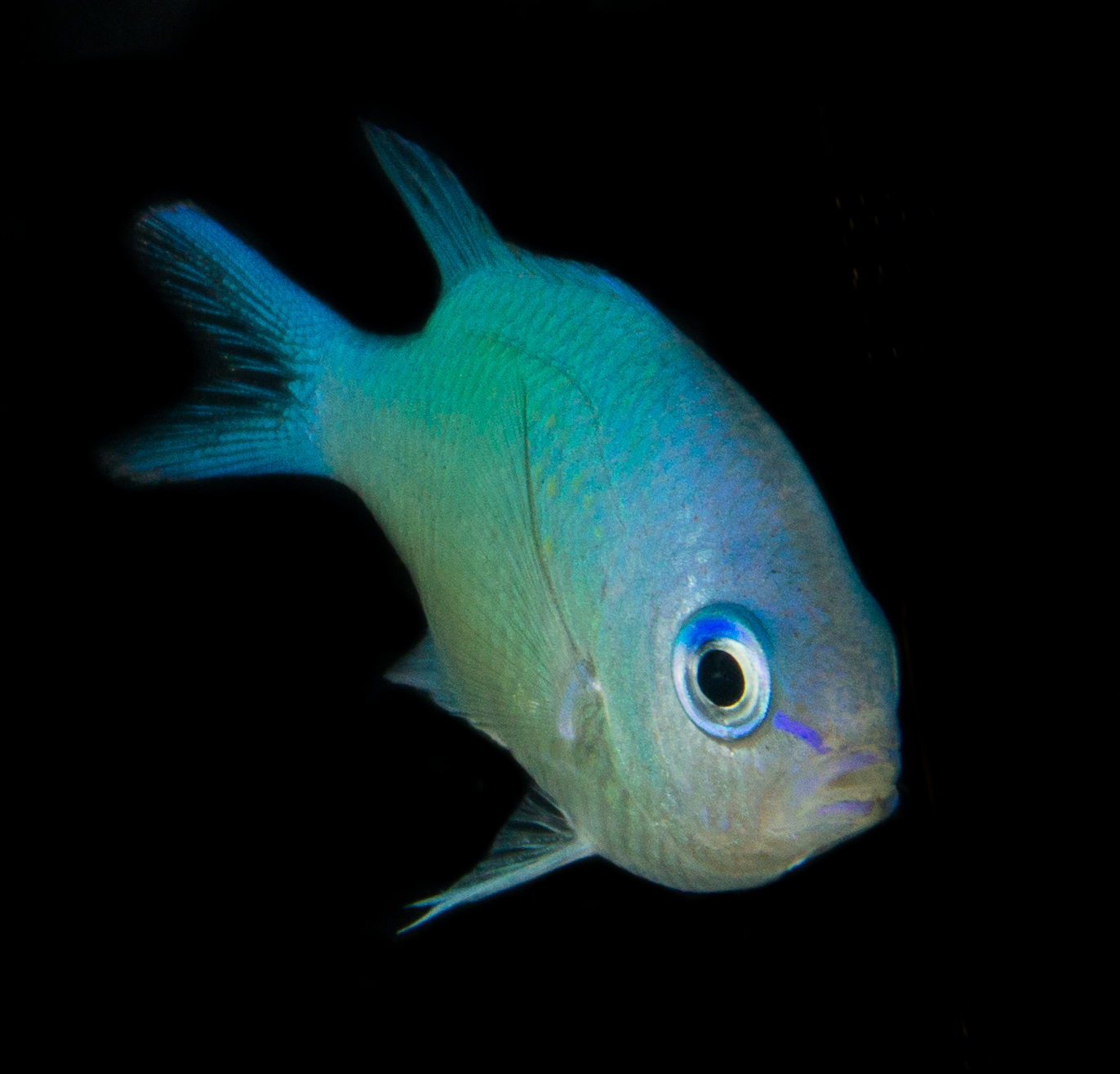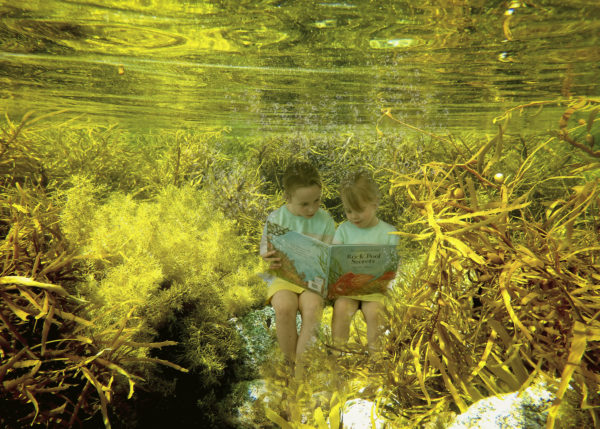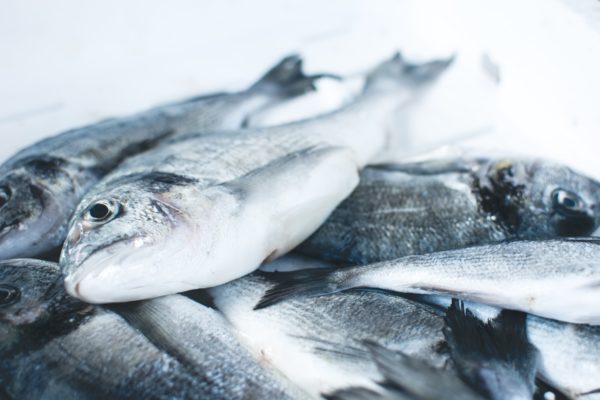Deakin eco-physiologist investigates the impacts of ocean acidification on coral reef fish behaviours.
The findings of a study – led by Associate Professor Timothy Clark from Deakin University’s Centre for Marine, Fisheries and Aquaculture Sciences and the School of Life and Environmental Sciences – have revealed that fish living in coral reefs cope better than previously thought with ocean acidification caused by increased levels of dissolved carbon dioxide (CO2).
But, it’s unlikely fish will adapt quick enough in response to ocean warming. It’s time we leant a fin.
An oceanic crisis
As our planet continues to warm, oceans have acted as a critical buffer.
They have slowed the effects of climate change by absorbing 93 percent of the heat trapped by greenhouse gases – which we are responsible for pushing into the atmosphere.
Around the world, our oceans are changing. From the extreme melting of glaciers and polar ice caps to the consequential rise in sea levels, these waters are warming.
A/Prof Clark notes: “Given that much of the human population lives within a few metres of current sea level, we could even start to see huge displacement of people and necessary emigration.”
Meanwhile under the sea, researchers are still asking the big question: can fish actually adapt to the rate of change in our oceans?
“Fish have reasonably sophisticated acid-base regulatory systems, meaning that they should be pretty good at handling the changes in ocean acidification (due to elevated dissolved CO2) expected over the next century.
“However, the continual increase in carbon dioxide in the atmosphere is causing global warming, where much of the heat is absorbed by the oceans.
“We know that many fish species already live close to their thermal maximum, and it is unlikely that they can adapt fast enough and to a great enough extent so as to avoid any impact from ocean warming,” A/Prof Clark says.

Even now, these environmental changes are pushing key fish species to redistribute poleward (away from the equator) to seek cooler waters.
But not all fish can relocate, as they may be reliant on habitats – like coral reefs – that do not occur further poleward.
We may see a rise in regional extinctions of particular species where their habitats have become too warm.
Environmental mutations
Genetic mutations are occurring constantly in all animals, and it’s this adaptation that provides a basis for Charles Darwin’s natural selection theory.
Often these begin as benign, naturally occurring mutations, without any obvious impact on the animal. In some cases, fish can experience a positive or negative mutation:
“Positive mutations that enable better environmental tolerance, for example, can be passed on through generations and allow adaptation.
“But these processes are generally very, very slow. Much slower than the current rate of environmental change,” A/Prof Clark says.
“On the other hand, mutations can be negative, resulting in the animal being removed from the population quite rapidly and therefore not passing on its genes to the next generation.”

There’s even evidence to suggest toxins could play a role in fish tumor growth. Particularly in areas where sediment is disturbed through dredging, creating a surge of heavy metals and other toxins.
So, as we continue to reduce the quality of our oceans via pollution and greenhouse gas emissions, we might see a range of mutations impacting sea creatures.
Support for sea creatures
From ocean acidification to mutations, fish have a growing number of challenges on the homefront. So, what can be done to limit these drastic changes to our ocean ecosystems? Well, A/Prof Clark has a few ideas.
“We need to rapidly transition to sustainable energy production, so that we stop negatively impacting the atmosphere.
“We also need to do a much, much better job of being accountable for our waste.
“The recent situation with recycling in Australia has highlighted that we are not even close to being able to appropriately process our own waste, and instead we rely on other countries to do it for us,” A/Prof Clark says.
“Ubiquitous use of plastics needs to stop. Manufacturing of packaging that cannot be recycled (e.g., plastic-lined paper cups and cartons) needs to stop.”
“The world needs to progress to using sustainable/recycled materials rather than continually producing single-use products that end up in landfill and in our oceans.”
Eager to learn more? Dive into A/Prof Clark’s paper in Nature. Images by Fredrik Jutfelt



